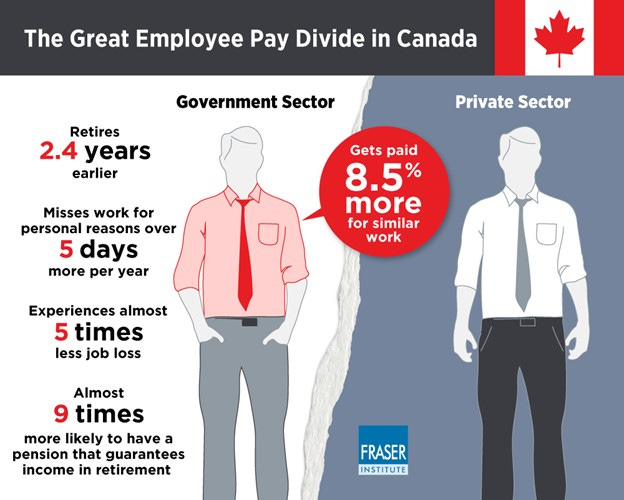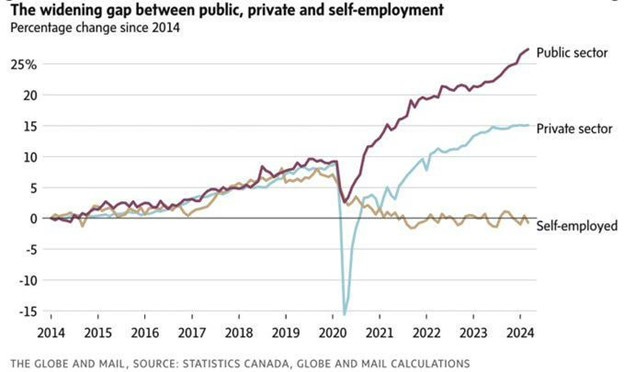Period pieces have long been a staple of modern television. “Upstairs, Downstairs” portrayed the lives of the Bellamy family and their servants, below the stairs in the early 1900s and “Downton Abbey” resurrected the concept in 2010. What is it that is so fascinating about these dramas? One article I ran across attributed the popularity to “a fascination with history itself.” I disagree. Certainly a love of history might attract some, but were an interest in history the underlying reason for the popularity, then the historical inaccuracies of such Netflix “masterpieces” as “Bridgerton” and “Mary & George,” to name just two, would have derailed these shows almost from the start. Somewhat ironically, the author herself hits on the truth when describing “The Favourite,” “Nowhere in the movie does the concept of poverty come up, because the film only focuses on the queen and the people closest to her.” Sure, romance and intrigue matter but one could just as easily write a show of romance and intrigue amongst the peasants. Period pieces don’t do this because that would not give us what we really want. What we really want is to imagine ourselves as aristocrats. This is perfectly understandable. Who wouldn’t want to spend their days in leisurely activities and their evenings in dinner parties never having to worry about where the money will come from because the family has land which the peasants work so that you don’t have to. In fact, much of the plot of Downton Abbey centers on efforts to marry off the eldest daughter in order to keep the wealth in the family. What is more aristocratic than “hanging on to what’s mine?”
Recent news articles have made me come to a surprising realization. While we no longer have an inherited aristocracy of the elite, we do have a group that is favored above the masses, who are treated better than other citizens, who needn’t work as hard, who don’t have to worry about job security, and who will be taken care of in retirement regardless of how the economy fares. I am of course talking about bureaucrats.
There was a time when it was understood, or at least commonly stated, that “public servants” were paid less than the private sector but had more job security. If not a fair exchange, then at least one that each individual could factor in when job hunting. Government workers appear to have figured out how to have the best of both worlds. According to according to a 2023 report from the Fraser Institute government employees in Canada get “an 8.5 per cent wage premium, on average, over their private-sector counterparts.” On top of better pay, they retire earlier, get more personal days, have more job security and are more likely to have a pension. Oh, and in addition to their pension they also qualify for the Canada Pension Plan like the rest of us.
Certainly not all bureaucrats have the same privileges. The employee working at the passport office is far below the dizzying heights of the Chief Public Health Officer. But then the aristocracy had its hierarchy too. Not everyone can be a Duke, some are “merely” barons and knights. The common theme though is that your needs come first. If they don’t come out and say they’re more important than everyone else, the facts certainly make it look that way. To paraphrase Bryant in “Blade Runner,” “You know the score, pal. You're not bureaucrat, you're little people!” I worry that too few of us know the score.
Perhaps nothing demonstrates the benefits of a job as a “public servant” than what happened during COVID and the years since. While the entire nation was impacted by the shutdowns, the private sector and self-employed were hurt more and their recoveries have been much slower. In fact, the self-employed have yet to recover.
It’s not just black swan events that bureaucrats are protected from; there also does not appear to be any repercussions for incompetence (if that’s what it is). When the project to rollout ArriveCan overspent by 67400% (yes that’s not a typo) no one was fired or reprimanded, but the government did acknowledge that the failures were "unacceptable." In another example showing that results are not tied to pay, Chief Public Health Officer Dr. Theresa Tam, who was widely criticized for her response to the pandemic saw her maximum pay increase to $324,000 a year in 2022 from her previous salary of $265,000. Finally, lest we forget that organization which raises the hackles of so many of us, the CBC may represent the pinnacle of aristocratic unaccountability. While it is not, strictly speaking, part of the civil service, it is funded by the taxpayer and is, “accountable” to Parliament and so to many, including myself, roll it under that umbrella. In 2023, the CBC reported a $125 million budget shortfall, leading to layoffs affecting hundreds of employees. Despite these financial challenges, the broadcaster paid out $14.9 million in bonuses to 1,143 employees. My failures have never paid off as well as those of the bureaucracy.
A sense of entitlement goes hand-in-hand with the aristocracy as well and like them, our bureaucrats appear to feel something is owed to them as well. When public service employees were ordered to return to work three days a week, workers rallied against the decision and their union (oh ya, I forgot, they have a union) protested. Imagine the gall of an employer demanding that an employee go to work. In the words of one junior aristocrat…sorry bureaucrat, “"Being told, 'Hey, you need to be in the office today,' when you're just going to go to the office to take Teams meetings — there's a time to be in the office, absolutely, but being forced to be in the office when you see no purpose of doing so makes no sense."
So, yes, they’re spoiled, they’re paid more, they have more leisure time and there appears to be no downside to screwing up. Three cheers for the new aristocracy!
Conclusion
So, what’s to be done? Put simply, we need to reset the expectations of the public sector employees and instill a sense of accountability into this group. I have a few suggestions:
Tie wage growth to economic growth – While each department within the bureaucracy may have a different function their overall purpose is to help Canada and Canadians succeed. I would therefore implement a system that tied salary increases to individual performance, departmental performance, and most importantly national performance. Put simply, if GDP per capita doesn’t increase then neither will their salaries. No more union agreements and indexing salaries to inflation. If we suffer, so do you.
Re-Establish parity between the public and private sector – review public sector salaries on an annual basis and adjust them so that the average salaries are equal. Ensure benefits such as vacation, sick days, etc. are in line with private sector averages.
Pin the size of the bureaucracy to the population size – In the United States the government employee to population ratio is approximately 1:151. In Canada it’s 1:110. Hold hiring flat until we reach the US ratio and then tie it to that going forward. Or better yet, slash the civil service until it’s at 1:151 ratio.
the Public Service Pension Plan (PSPP) – How good is the public service pension? The average pension of a federal employee with 30 years’ service is $51,000. This compares to the maximum CPP payout of $16,375 per year that those in the private sector will be lucky to get. Taxpayers fund both. If federal public servants make more money and have a more secure job, than those in the private sector aren’t they in a better position to save for retirement than the rest of us? The private sector did away with pensions years ago, there’s no reason why it can’t be done for the public service.
Break the union – there is no way that civil servants should be able to hold the government for ransom (although the thought of the CRA going on strike is appealing. How is it a threat to say you won’t collect taxes if I don’t give you a raise?).
None of this will be easy and we’re going to need the government (politicians) to help. The aristocracy didn’t willingly give up their privileges (and in England they still haven’t) and neither will the bureaucracy. However, unlike the aristocrats, the bureaucrats work for us, the citizenry, that’s why they are called “public servants.” It’s time that we reminded them of this.






The Atlantic Institute for Market Studies once did an analysis of transfer payments to the Maritime provinces, and concluded that the bulk of those transfers were captured by government employees. This allows bureaucrats there to enjoy remuneration roughly 30-35% higher than their counterparts in, say, Ontario.
I'm trying to think of a government employee in the US at any level - city, county, state, federal - that doesn't fit this, and I'm coming up short. I work in mental health and can comfortably say that every job offered for my license pays better in the public sector than the private sector, and not by a small margin.
Granted, I have a lot more liberty (and give more to my employees too) but I'm an anecdote. Most therapists don't have that luxury, they work just as much as their government-employed colleagues and for 2/3 the salary.
I'm gonna have to do some gnawing on this one for sure. For some business sectors (investing, manufacturing, e.g.) that don't translate because government doesn't do those things, the comparison doesn't work. But the apples-to-apples jobs (and the ones private doesn't do; police, fire, mail) are absolutely better in .gov than in private land.